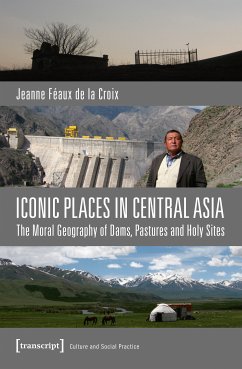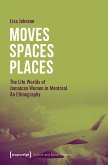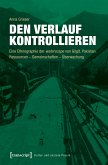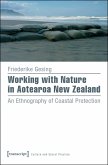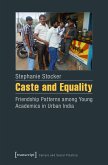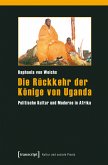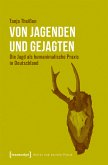Jeanne Féaux de la Croix maps three iconic places as part of Central Asians' 'moral geographies' and examines their role in navigating socialist, neo-liberal and neo-Islamic life models. Dams provide most of Kyrgyzstan's electricity, but are also at the heart of regional water disputes that threaten an already shrinking Aral Sea. Mountain pastures cover much of Central Asia's heartland and offer a livelihood and refuge, even to urban citizens. Pilgrimage sites have recovered from official Soviet oblivion and act as cherished scenes of decision-making. Examining how iconic places, work and well-being can mesh together, this book moves debates about post-Soviet memory, space and property onto fresh terrain.
